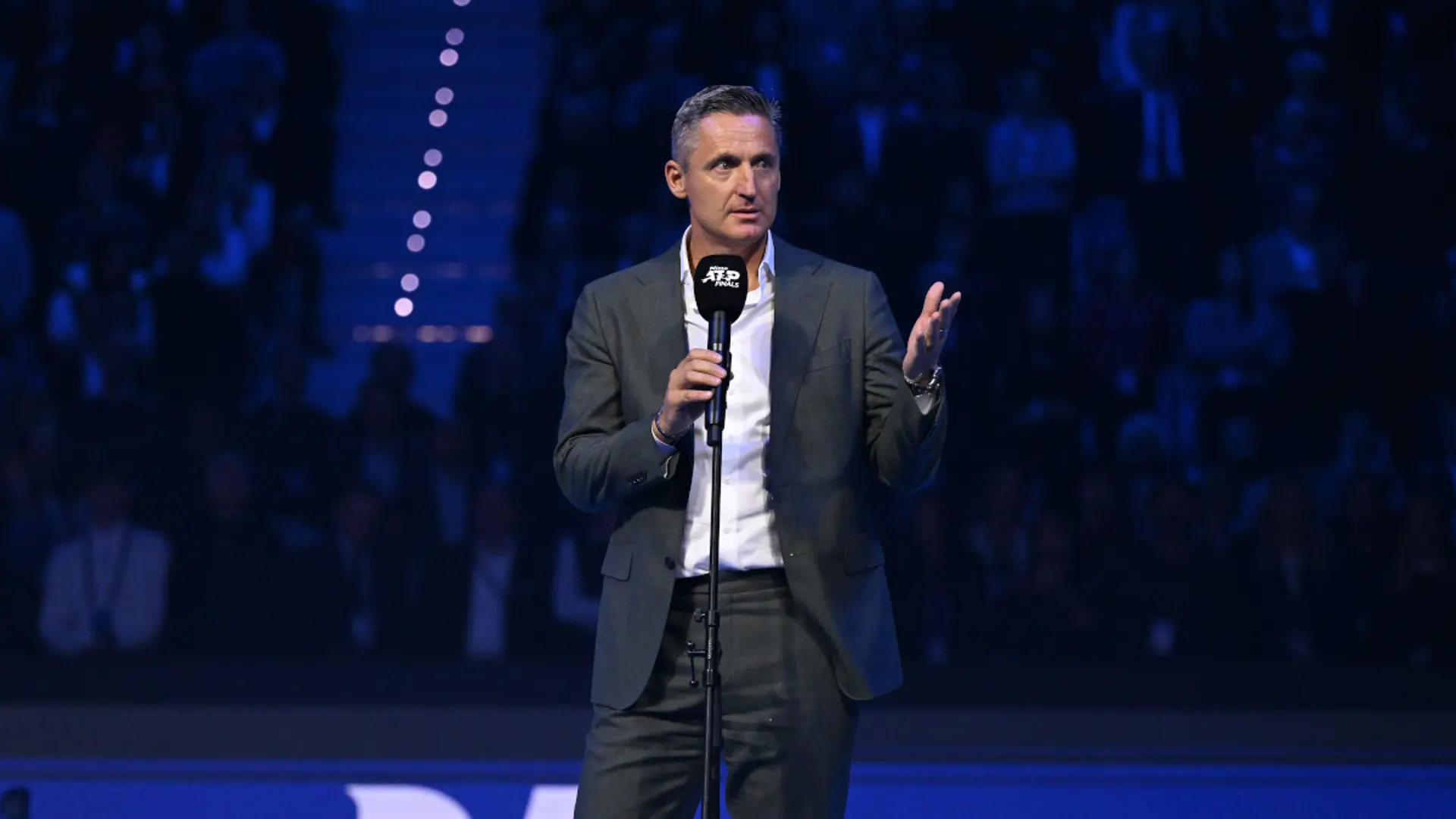ATP boss defends schedule amid player workload scrutiny

ATP chairman Andrea Gaudenzi defended men's tennis's crowded calendar on Thursday, saying scheduling remains the players' choice and that the tour is working to set clearer incentives so the right number of matches are played across the season.
Speaking after the ATP announced a new Masters 1000 event in Saudi Arabia from 2028, Gaudenzi pushed back on criticism from leading players over a year-round grind.
"Tennis is quite unique in that a player can play one match or seven matches in two weeks," Gaudenzi told reporters on Thursday.
"We operate in an environment where players are independent contractors and they choose their own schedules. Some who go deep at big events play fewer tournaments; others need more because they lose earlier and need matches."
REVAMP AIMS TO OPTIMISE THE CALENDAR
Gaudenzi said the ATP's ongoing "Vision 28" revamp aims to optimise the calendar and strengthen the tour's "premium product" – the Grand Slams, Masters 1000s and season-ending Finals – while improving rules and incentives so players build schedules "in a waterfall system" starting from the biggest events.
"Philosophically speaking, the direction in which we're going, because we're doing a revision of our rules with the goal of creating a new product, Vision 28, is that players should play in a sort of a waterfall system where if you're a top player, your schedule should start with slams, Masters and the Finals," he said.
"When you don't perform well or need matches, you can play down at the 500s."
He said the ATP could "help create better rules" and that "the off-season should be longer – for players and for fans."
But, he added, "protecting players from themselves would require a completely different structure where they're employees and the tour controls when they play."
His comments come amid renewed scrutiny of the workload.
Women's world No 2 Iga Swiatek has called the calendar "relentless" and warned she may skip mandatory events to prioritise health.
INJURIES AND LIMITED RECOVERY TIME
Men's players including Jack Draper, Holger Rune, Alexander Zverev and Daniil Medvedev have also highlighted injuries and limited recovery time as Masters tournaments expand to 12 days.
Gaudenzi acknowledged those concerns but argued that the open system – in which players decide when and where to compete – inevitably creates uneven workloads, with elite performers playing 80 matches in strong seasons and others chasing games and points lower down the ladder.
"If the goal is a fair range – say 70 to 85 matches a year – then some players will naturally need more tournaments than others," he said.
Gaudenzi said the new Saudi partnership would be used to boost the Masters bonus pool to encourage top-player participation.
While some players have been criticised for entering exhibition tournaments amid a heavy workload, world No 1 Carlos Alcaraz last week defended playing in the lucrative Six Kings Slam in Riyadh as less taxing than regular tour events – another sign of the competing incentives players navigate.
Gaudenzi said the ATP would keep refining incentives, rules and the off-season, but the basic balance between player freedom and tour control was unlikely to change.
"If you want a long, successful career, you say 'no' more often than 'yes' and build around the biggest events," he said.
"That's the reality at the top of the game – and ultimately, it's the players who choose."
Advertisement